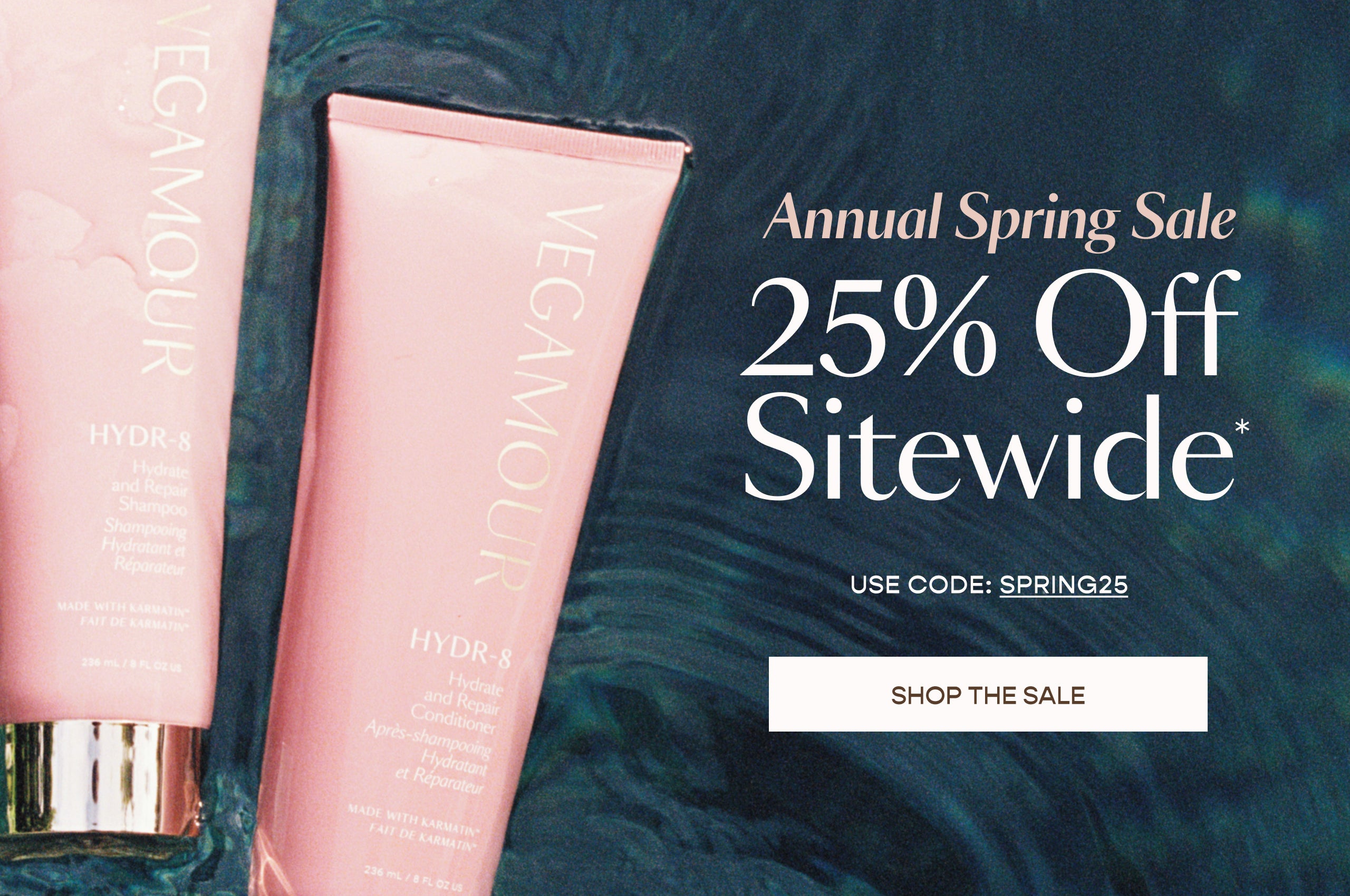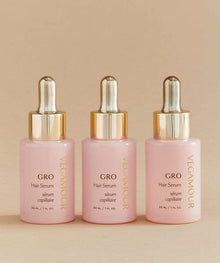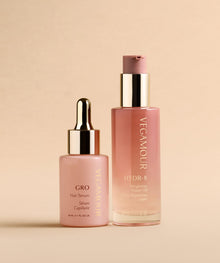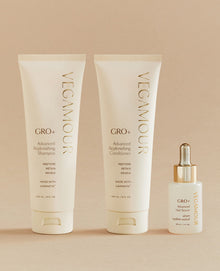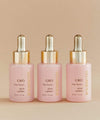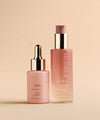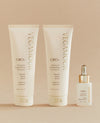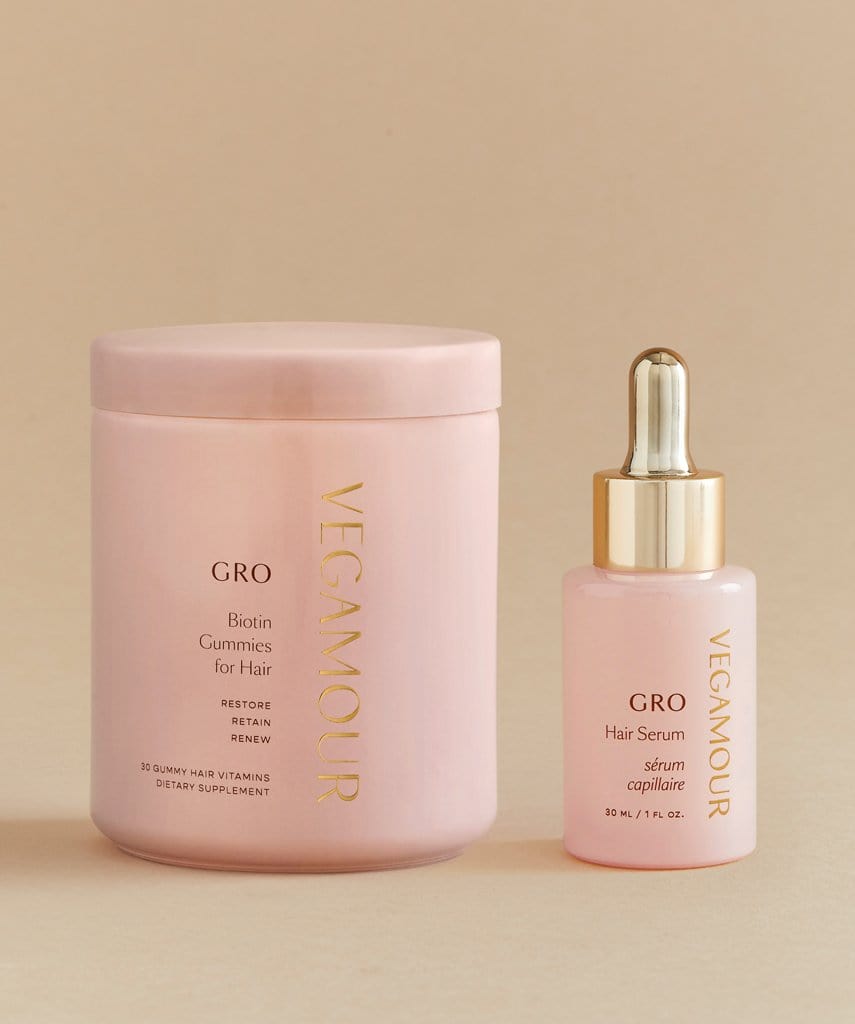When It Comes to Hair Loss Due to Stress, Black Women Are Among the Most Vulnerable
“Black hair and stress is not a light or trite subject,” said Professor Dr. Angela Neal-Barnett, speaking by telephone from her home-office near Kent State University. She’s also an award-winning psychologist, and a leading expert on anxiety disorders among African-Americans.
Black Stress Differs From White Stress
Neal-Barnett directs her university’s Program for Research on Anxiety Disorders among African Americans, exploring cognitive behavioral therapy techniques. “Data show that for Black women, anxiety is more chronic and the symptoms more intense than for their white counterparts,” said the author of “Soothe Your Nerves: The Black Women’s Guide to Understanding and Overcoming Anxiety, Panic and Fear.”
Mainstream stress-management techniques may backfire, because they often reinforce cultural mistrust among Black women, Neal-Barnett reports. An example is the ubiquitous term, “mindfulness.”
“The concept itself, of course, is right on track. But often, the concept and the word are presented in a sort of neo-Buddhist voice, and this is a strong turn-off for many Black women of faith, be they Christian or Muslim, who perceive Buddhism as a religious conflict to their practice,” she said. The same may be true, she notes, of yoga and transcendental meditation.
Practices which enjoy the most success among African Americans are those which resonate culturally: “sister-circles,” and music-based techniques, which use centuries-old traditions that are familiar and comfortable to Black people. Among these practices are Neal-Barnett’s “The So-What Chorus” which uses call-and-response to disarm anxieties, and “Build Your Own Theme Song,” where participants replace the lyrics of their favorite pop hits with their own affirmations, thus turning the song into a powerful repellant of negative ideation.
Add to the equation that many African American hair textures are by definition fragile. The classic, tight, S or Z wave pattern — “Every postman on his beat,” as described by Harlem Renaissance writer and cultural story-keeper, Zora Neal Hurston — risks breakage at every turn. Dryness, common to curls everywhere, adds to the damage and frizz-factor.
Also: 33 Protective Styles for Natural Hair
Then Came 2020
“COVID has definitely added to the hair-stress among Black women everywhere,” said Dr. Neal-Barnett. “To put it simply, the stores have run out of grease! We can’t get our hands on the products we like to use! I say, look in your pantry and try masking your hair with olive oil, coconut oil or avocados if you have them. Even Crisco works! Wrap your hair in a silk scarf, especially when you go to bed. The other thing that we’re feeling is isolation. Beauty parlors have always been where women connect, and now we don’t have that. So keeping in touch is crucial, by any means necessary.”
There's no escaping the fact that 2020 was a year of supersonic stress for all Americans: COVID-19 devastation, job losses, economic chaos, political mayhem, wildfires and twisters. And these traumas persist into 2021 and beyond.
But the newest science reveals that these universal traumas are especially harrowing for African-Americans as the result of what clinical psychologist and author Dr. Joy DeGruy describes as "Post-Traumatic Slave Syndrome" in her best-selling book by the same name.
DeGruy is one of a growing number of clinicians who research epigenetics, which is the study of how certain genes are turned on or off in response to environmental factors. It's been an accepted fact for a while that trauma can alter our DNA, and the DNA of our descendants. Epigenetics takes this line of exploration further back into the genetic past, and today strong evidence suggests that embedded trauma occurring in generations past continues to affect the structure of the DNA of people living today.
Chronic, inherited PTSD (or PTSS) is a vivid illustration of how unaddressed, residual trauma continues to affect the health and well-being of Black Americans. Coupled with a deep cultural distrust of the medical profession, many Americans of African descent continue to carry the cumulative centuries of multigenerational trauma, affecting their health and well-being in myriad ways.
Related: Experiencing Hair Loss Due to COVID-19? You're Not Alone
Tension (of All Kinds) Is the Enemy of Hair
Kelsie Lyn is a celebrity hair and makeup artist who currently serves clients in Los Angeles and Atlanta. Pre-COVID, her Culver City, California salon, For the Culture, was sought out for Lyn’s expertise with natural hair.
“I do not offer relaxers, keratin or Brazilian treatments, because over time, these chemicals can really break down the hair,” she said. She also emphasizes the need for education in popular styling practices.
“As a culture, we wear a lot of tension styles such as braids and weaves," Lyn said. "Over time, tension creates trauma to the scalp, resulting in traction alopecia and scalp inflammation, which cause our hair follicles to retreat and retire. We have to be trained and educated on how to braid without tension, but still create long-lasting styles that don’t hurt.”
To encourage healthy hair growth, she recommends less tension and less weight in creating locs and braids, and scalp massage as general practices. For women who decide to make the transition from chemically relaxed hair to a natural state, she said: “Wear protective styles for a year or two, and while it’s at a short or medium length, learn your hair. Learn your hair, love your hair.”
While scalp cleanliness is key, she adds that hair worn in a protective style may be happiest with a monthly shampoo, while brushed-out hair attracts more dirt and needs a weekly wash, bi-weekly at minimum, depending primarily on your hair porosity.
Michelle Anderson, a Phoenix, AZ salon-owner, master-extensionist and the founder of her eponymous Michelle and Hair product line, agrees. "I found that my customers needed more than just my salon services," Anderson said. "They were in search of missing products especially made for Black women, so I launched my at-home products to assist them, even while we are apart. As a wife and mom of six, I understand that women want quality and their budget may not always fit that. Lots of women sacrifice their self-care, and I wanted to make sure that she can have it all.” Her specialty is edge-control, with practices and products specifically targeting the most delicate part of the hairline. Her go-to for maintaining sanity: "Drink more water. It's the world's most underrated stress relief."
Riqua Hailes is a Los Angeles-based entrepreneur who founded her business, Just Extensions, to create versatile looks for African-American women. “I’m often asked if extensions are a good or bad idea," Hailes said. "Extensions are amazing for so many different reasons. You can go from red, to blonde, curly then straight without having to commit to anything but protecting your hair underneath. Keeping in mind that extensions are a process, and require attention — and lots of it.”
Also: How to Grow Your Edges Back
To prevent hair loss and encourage hair growth, Hailes cautions that wet extensions always be sectioned before bed, to avoid tangling, and learning the proper use of hot tools which she describes as key to “ … the difference between a good at-home hair styles and a hairdo tragedy.”
She also cautions against DIY extensions-removal. "Always have your extensions removed by a professional. More times than not, self-removal leads to clip-slip.." meaning accidentally cutting off the hair you've so patiently nurtured and grown out.
Also: 13 Self-Care Ideas for Your One, Wild, Precious Life
The Cultural Context
Lynn Fountain Campbell, owner of the Los Angeles salon Shear Perfection, goes a step further. “In some places, Black women have had to go to court to obtain the ‘right’ to wear their natural hair, because the dress code at their jobs wouldn’t allow it," Campbell said. "The dress code mandated that everyone look as ‘white’ as possible. The stress of trying to look white when you’re not is enough by itself to make your hair fall out.”
Campbell cites two common conditions that she has often been called upon to correct in her salon. First, “Braided hair extensions attached around the edges, where the hair is more fragile often puts more weight on the hair than it can support. The hair is pulled out of the follicle by the extra weight. This produces a receding hairline. If you catch it in time, the hair loss can be reversed, before the damage becomes permanent.”
In addition to mechanical damage, chemical services can be a major cause of hair loss — including permanent hair loss. Campbell adds, “Sometimes bald spots come about through overuse of chemical relaxers left on too long. This chemical damage is sometimes beyond redemption. It happened to my sister, who ended up shaving her head to give the whole system a rest. Fortunately, her hair grew back and now she sports a more natural style.”
Shop: 13 Black-Owned Beauty Brands We Love
The 411 on the Take-Down
Licensed trichologist, salon-owner and CEO Abra McField said "Hair is my talent and healing is my gift." Her St.Louis-area salon, Abra Kadabra Hair & Healing, specializes in sew-in extensions, easing the transition from relaxed and heat-damaged hair to natural curly hair, and offers a broad range of hair growth therapies.
Although her branding references magic, McField is all about the science. When a client reports hair loss, she recommends a visit to a medical professional first, to identify any serious condition. Services she offers include low-light laser therapy and collagen-induced therapy, also called micro-needling, which enhances the absorption of topical treatment products.
McField witnessed a dramatic uptick in client hair loss in 2020, attributing the spike to long-term stress. When hair loss occurs due to stress, it's called telogen effluvium. "The stress is causing us to eat more, and more toxic things," she said. "And we pull our hair out, which is called traction alopecia, due to tight ponytails, braids, locs, weaves, heat and chemicals. When salons shut down, clients were forced to figure things out on their own, and that was stressful in itself."
She's adamant that the take-down of sew-ins by handled by a professional. "It's not rocket-science, but it's my science," McField said. She schools her clients in what's required of them: installation, retouch, maintenance and the salon take-down, and faithful commitment to the process is non-negotiable.
"The sew-in system I created 12 years ago has a 100% success rate with over 1,000 documented testimonies of women retaining three to five inches of healthy hair growth in six months of wear," McField said.
She also educates clients about the need for thorough shampooing and conditioning, using products which are free of sulfates, parabens and other irritants that can actually derail hair growth. She recommends a shampoo every four days, to prevent dryness, followed by a 20 to 30-minute conditioning session, with the hydrated hair in a cap, under a warm dryer on a low setting.
A Youtube video demonstrates her own evening maintenance routine: moisturizing the hair as she sections it into twists, extra moisture product on the ends, arranging the twists smoothly around the back of the head to avoid morning "dents", followed by a satin cap, held in place with a wrapped scarf.
Her key advice: "Retire the relaxer if you haven't done so yet. Accept the true essence of how you were made, and learn as much as there is to know about who you are when it comes to your hair."
She adds, "I'm not just about hair, I'm about healing as well. I strive to lift up the vibration."
Shop: HYDR-8 Shampoo and Conditioner Kit
A Clean Pate — and a Clean Slate
And sometimes, a close clip or even a shave is the beginning of a new creative journey. Lesley Bryant, owner of woman-owned and operated Lady Clipper Barbershop in Washington, D.C., offers an alternative to high-maintenance regimens. “Less is more … this mean the less chemicals, heat and stress we apply to our hair, the better," she said. "As Black women, we are creative and want to experiment with color, braids and a variety of styles. But the truth is, the more simple the hair regimen, the more healthy the hair.”
The study of epigenetics is just beginning to reveal the lasting impact of ancestral memory on African-American life. And of course there is no overnight recovery to be had.
Meanwhile, Dr. Neal-Barnett comments, "We're still on the journey. For today, be kind to yourself, and start by being kind to your hair."
More From VEGAMOUR
- How Fast Does Hair Grow?
- Foods to Eat for Hair Growth
- How to Be More Mindful Starting Right Now
- What Exactly Is Hair Made Of?
